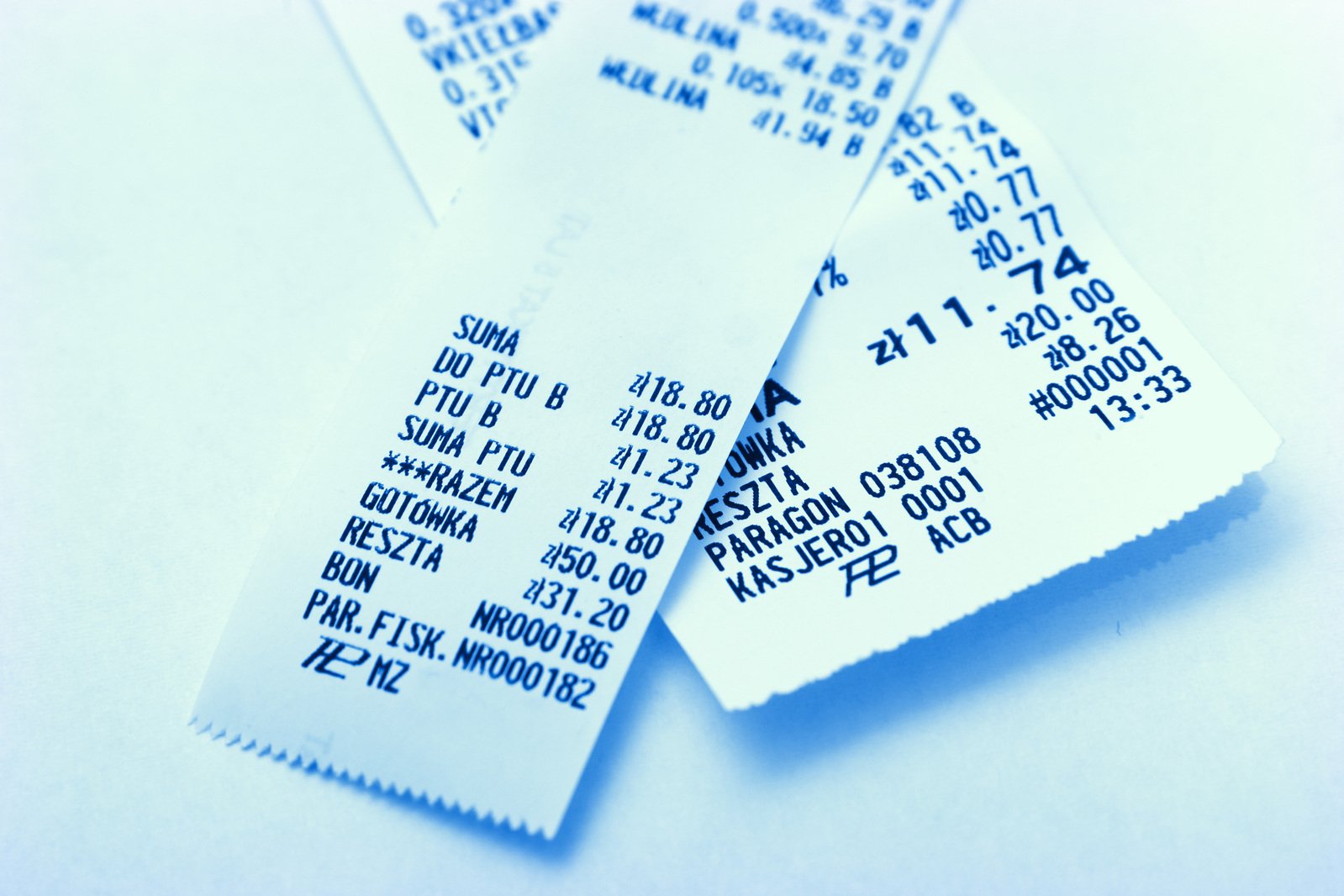

THE terrible quality of patents is often being demonstrated using awful, controversial, and infamous patents like the patent on the progress bar or the 1-click buying patent of Amazon. We wrote many articles about that in the distant past.
"PTAB, which is under attack from the patent microcosm, could probably invalidate hundreds of thousands of patents if it actually had time to look at all of them."How could this patent remain valid for this long? Media scrutiny has been immense, but the media isn't a trial (or trial by media). Probably because Amazon never asserted it in a court of law. But still, why was such a joke of a patent ever granted in the first place? And what does that tell us about the quality bar? The EFF has a series called "Stupid Patent of the Month", but certainly they could run a series called "Stupid Patent of the Hour" or "Stupid Patent of the Day". The above discussion has become a discussion about Red Hat's patent policy, but the point remains that many patents reach their expiry date without ever being challenged. Does that mean that they were not bogus? Not at all. Many expired patents were bogus all along. Nobody (like a court or PTAB) tested these, so they rested in peace.
Earlier today we noticed that this patent's expiry is mentioned in the media, under the headline ="Amazon.com, Inc. Is About To Lose The Worst Patent Ever" (actually, there are many equally laughable patents).
The USPTO should be embarrassed about granting this. As the article explains:
Amazon.com, Inc.(NASDAQ:AMZN) has shown time and time again that serious reform is needed in how the states regulate commerce. From its avoidance of sales taxes-something it finally gave up fully earlier this year-to its wily navigation of anti-trust law, the firm’s exploits are as insightful as they are attention grabbing. One of the worst ways the firm ever took advantage of the system, though, is soon going to be taken away.
Quartz’s Keith Collins reported on Saturday morning that the Amazon.com, Inc. (NASDAQ:AMZN) patent on 1 Click buying is going to expire on September 11th. The firm applied for the patent in 1997 and it was granted in 1999. It doesn’t protect specific lines of code, or even a specific step by step approach to buying online. Instead it protects the general concept of buying something with just one click using pre-loaded payment and delivery details.